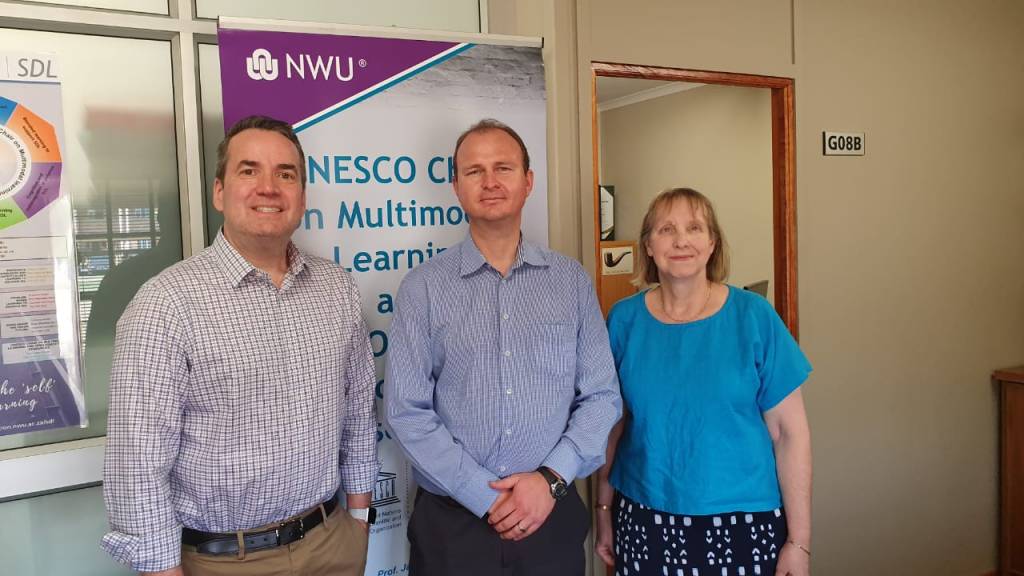We welcome this guest post by Christina Pratt who completed our Metaliteracy MOOC, Empowering Yourself in a Post-Truth World, and developed a video presentation about confirmation bias for her own YouTube series How Do you Like Your Coffee?
Getting to Know and Getting Beyond Confirmation Bias
by Christina Pratt

Confirmation Bias Video Presentation
My final project for the Metaliteracy MOOC, Empowering Yourself in a Post-Truth World, focused on confirmation bias. I decided that using a visual presentation of my thoughts and ideas would give the audience a face and personality behind the presentation Getting to Know and Getting Beyond Confirmation Bias (Please do be aware that I am quite new to the video creating scene). I chose confirmation bias because everyone has beliefs, some with such strong beliefs that they tend to become “truth” or “fact.” By sharing some information about cognitive biases and ideological/filter bubbles, I felt that the audience may become more aware of their own biases and how biases are developed. I even used an example of my own confirmation bias when it comes to Apple iOS and Android smartphones to help the audience see how common confirmation bias is, and how easy it is to develop biases even with something as simple as choosing products and services.
Thinking about the course now, I think I might have focused on post-truth as well. In our busy lives, we can become oblivious to what is going on around us. We read and watch news from many sources, research for school, work, and personal needs such as shopping and more, and we seem to ignore the misleading information at times. We also know that technology has a huge impact on our lives, but we seem to forget that it can be hurtful and damaging as well. A good example of this is the recent circulation of doctored videos of Nancy Pelosi on various social media platforms. Having taken this course, I was able to share some of the content learned in this course with the home schooled high school-aged children in the family, especially what we learned about the effects of visual aids on how we perceive a story. This is a big help with how the children will research and collect information in hopes that they will now carefully choose more reliable sources.
In closing, I am fifty years old. At my age, sometimes you feel that you have learned all you need to know. This course has definitely proved me wrong. Touché. Even more, the course, Empowering Yourself in a Post-Truth World was the most influential and inspiring course that I have taken throughout my four-year academic journey. The information that I learned from the course will be most helpful not only with helping the home schooled children in the family become more aware of biases and the less than reliable information that exists, but also with passing information onto viewers of my videos. I think one of the best things about this course is the interaction between peers. This interaction adds energy, ideas, and useful information to an already well constructed course. I would definitely recommend this course to anyone who does a lot of research, provides information, and teaches in any field, but even more so, I believe that anyone, child to adult, could benefit greatly from this course.





 Two Metaliteracy MOOCs are now available for registration via the Coursera platform. First, our original Coursera MOOC
Two Metaliteracy MOOCs are now available for registration via the Coursera platform. First, our original Coursera MOOC 